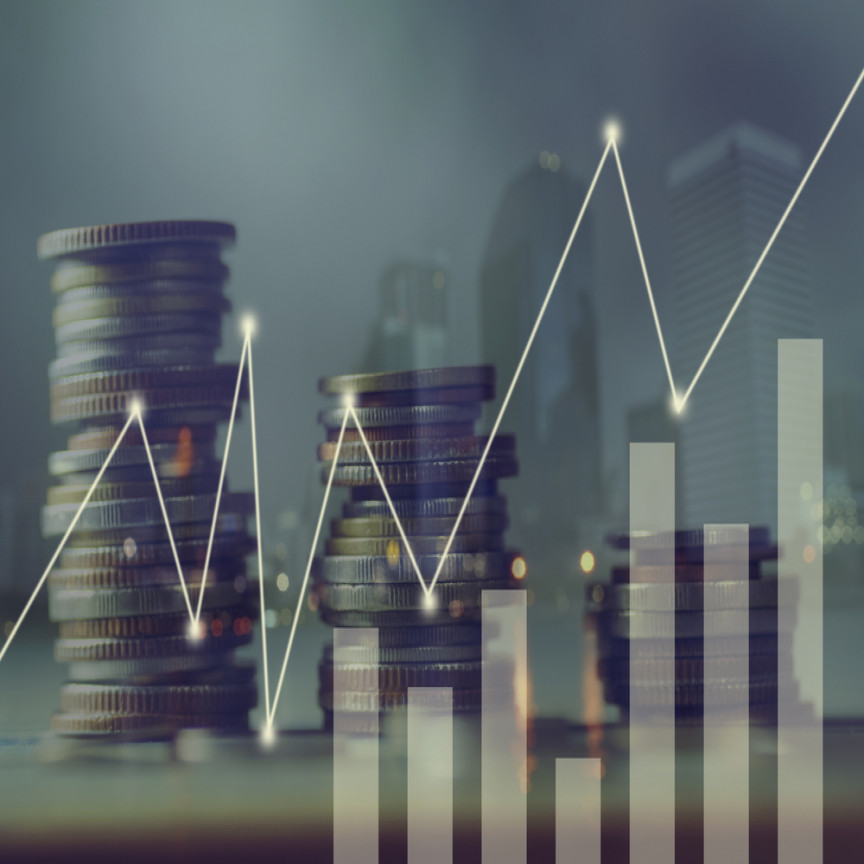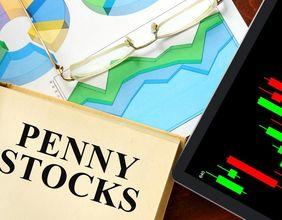Coronavirus led pandemic has made corporates across the world scrambling for cash. A precipitate shock to demand as well as supply -- primarily driven by the policymakers’ responses to curb the spread of deadly virus -- has cut short the oxygen supply (cash) of companies, leading to the dire need for ventilators (capital).
Stock exchanges are relaxing norms to facilitate a smooth supply of ventilators for companies. Of late, the Australian Securities Exchange (ASX) and the Australian Securities and Investments Commission (ASIC) introduced measures to facilitate capital raising activity by companies.
ASX-listed companies could now raise 25% of their share capital through placement, provided that they launch Share Purchase Plan and issue fully paid ordinary shares.
Exchange has waived the share issue limit and issue price norms for Share Purchases Plans, but they expect issue price to be equal or lower than the issue price of placement.
ASX has also floated other measures for companies to manage the COVID-19 crisis, and these temporary measures would expire on 31 July 2020. In the meantime, the ASIC has introduced temporary relief to regulatory processes.
Late last month, the Australian Treasury Department had announced new thresholds for the Foreign Investment Review Board (FIRB). The temporary changes are intended to safeguard national interests.
As far as capital raisings are concerned, the new thresholds may limit the ability of foreign shareholders to invest in the company directly. The change requires approval prior to the transfer of ownership, and the time frame for obtaining approval has been extended to six months.
Companies are accessing debt facilities
With liquidity crunch in place, businesses are going after debt facilities to augment the survival. Australian policymakers have introduced support like JobKeeper payments, which is likely to alleviate some pressure from the eligible companies.
Still, not all businesses would be eligible for the JobKeeper payment, therefore such businesses need cash to pay off employees or say them goodbye. Economists are forecasting double-digit unemployment over the coming months, and the damage will likely be lower when businesses start operating again.
Since the low-interest environment has been prevalent after the Global Financial Crisis (GFC), corporations have loaded a massive amount of debt in their balance sheets to fund growth and operations.
Coronavirus pandemic has arrived at a time when the world is a highly leveraged place, and the leverage is not just limited to corporations, but households and countries as well.
In October last year, the International Monetary Fund (IMF) released the Global Financial Stability Report, and it was noted that around USD 19 trillion of corporate debt might not be able to service debt through earnings in the wake of a material economic slowdown (half severe as the GFC).
An ongoing example of a liquidity crunch is the move of Virgin Australia Holdings Limited (ASX:VAH) to enter voluntary administration. It tried to access capital from the Government and various sources, but no one came to rescue, possibly due to high financial leverage.
Now the beleaguered airline is, purportedly, subject to due diligence by private investors, which are likely to be distressed debt funds, hedge funds, private equity funds or debt funds.
At the same time, well managed companies with resilient balance sheet are still getting funding from the debt markets, which give the impression that investors are willing to lend to businesses with a sustainable future.
Capital raising, debt covenants & cash
It is not just debt funding that saves companies amid a crisis, businesses are increasingly tapping investors for fresh funds in an effort to survive the downturn.
With a large number of shares being issued, benefits of buybacks that have been conducted over the past appear to be suppressing, and the investors are embracing capital raising plans of the companies.
Since March, companies are increasingly moving for trading halts, as they announce capital raising plans. Many businesses that are facing dire consequences due to COVID-19 have come forward to raise capital.
At the same time, these businesses are revealing plans to preserve cash amid this crisis. This includes measures to cut costs, suspend share buybacks, defer or cancel dividends, and defer capital expenditure and recruitment.
Cash flows have seen a sudden stop due to lockdown initiated by the Government. This has resulted in a complete suspension of trading activities for many businesses, including discretionary retail, leisure and entertainment.
Questions are being raised on the sustainability of cash flows of commercial real estate businesses, and a potential drag on property prices may lower the valuations of the properties of commercial real estate companies.
As cash flows are deteriorating of a large part of the corporate universe, it would in turn lower the financials of the business over the near term. Now that financial metrics are expected to be worsened, it could trigger a breach in the debt covenants of the business with respective lenders.
Debt covenants are the defined level of financial metrics that are required to be maintained by the borrower to continue using the allotted loan/debt facilities. It includes metrics like debt/EBITDA, interest coverage ratio, fixed charge coverage, debt/equity, debt/assets, and total assets.
As debt covenants are likely to be deteriorated, companies are engaging with respective lenders to restructure the existing facilities, including waiving debt covenants for some time in future.
Debt covenant tests are usually undertaken semi-annually once the companies have released financial results. Unable to meet the debt covenants could trigger suspension of debt facilities.
What does it mean for investors?
Investors are facing dilution as companies raise capital by issuing new shares. Most of the investors consider buying more to offset the impacts of dilutions, which seems an appropriate way of maintaining a desired stake in a business.
With large falls in share prices, companies have to issue a large number of shares to raise a large amount of capital.
As there are a greater number of shares on the issue now, the companies need larger amount of cash to maintain the same level or higher dividend/per share. However, considering the impact on cash flows, the possibility of increasing dividends appears bleak.
Word on the street is that around 40% of the Australian listed business are likely to lower dividend pay-outs as a result of coronavirus, and dividend cuts are likely to be higher than the global financial crisis in the top 200 Australian Companies bracket.
Nonetheless, investors may need to take a long-term view that might help to build conviction on potential investments. They shall be mindful of respective investment horizon and the potential risks associated with investments.






